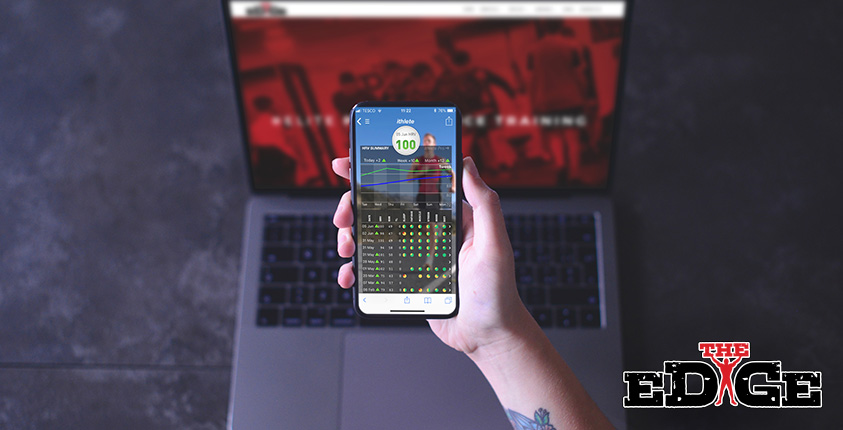Monitoring wellness and overtraining through the ithlete system
It is proven by research that you don’t get stronger or faster and fitter through the exercise you do, but by recovering from it effectively. This is called super-compensation.
Despite this, we often neglect rest days and create a never ending stimulus – always training with little rest.
The ithlete system uses daily heart rate variability assessments to monitor fatigue, recovery, performance trends and training requirements. Edge EPT decided to take a look at the training app and how it can be used to monitor wellness and overtraining.
Monitoring
With the physiological demands of various training modalities being somewhat extravagant, athletes/gym goers can be exposed to high intensity training where athlete wellbeing would need to be effectively monitored. A potential implication of not monitoring your wellbeing could lead to a state of ‘always training and no rest’ which subsequently inhibits recovery and could result in overtraining syndrome. A way of managing athlete overtraining/wellbeing would be to use the ithlete system. This system is invaluable when exposing athletes to training loads as it enables the monitoring of athlete wellbeing and recovery through a subjective questionnaire, but also through an objective non-invasive measure of heart rate variability on a day to day basis.
The Process
The process of using the ithlete system is very straightforward and one athletes can get to grips with almost instantly. The ease of use with the heart rate unit and mobile phone app as well as the instructional guidelines enables athletes to complete the measures in a standardised fashion. This is a massive advantage to the athlete as it gives a period of time to analyse and manage their wellbeing before planning their training.
Rugby League Example
The ideal scenario of a standard week within rugby league and probably any other team sport is the relationship between training load and player wellbeing. Ideally players need to be exposed to training loads but also need their wellbeing to increase as the training load tapers towards gameday. This highlights the necessity to have an effective wellbeing system in place, but also having a system in place such as ithlete to be able to measure the effectiveness of recovery so that overtraining can be prevented, and athletes can remain in peak condition for performance.

